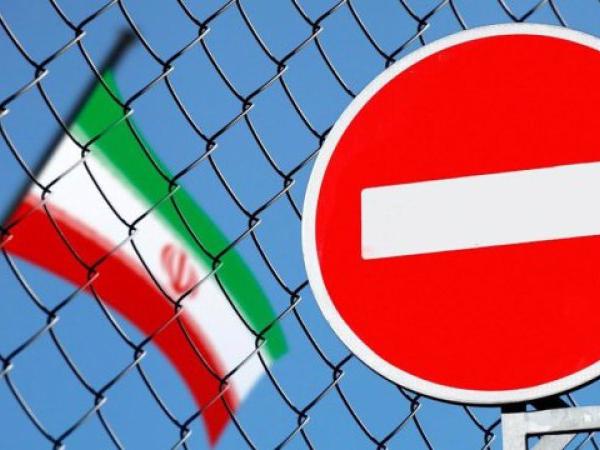The European Union has reached a consensus on the 14th package of sanctions against Russia, introducing significant measures that for the first time target the Russian liquefied natural gas (LNG) sector. The sanctions aim to maximize the impact of existing sanctions by closing loopholes and preventing the circumvention of measures, particularly in the re-exportation of Russian LNG from EU ports. The package includes a ban on the use of certain ports for the transportation of Russian LNG and holds EU operators responsible for any violations of sanctions by their subsidiaries and partners in third countries .Germany, which had previously delayed the adoption of the package due to economic concerns, eventually agreed to the measures after the removal of certain obligations for exporting companies from the package. Hungary’s initial opposition to the energy sanctions was also resolved by providing guarantees that nuclear power plant investments would not be affected.The sanctions also aim to disrupt Russia’s shadow fleet and banking network, which have been used to circumvent previous sanctions. The package will include restrictions on the supply of dual-use technologies, such as washing machine chips, that Russia could potentially use for military purposes. The EU’s determination to reduce Russia’s energy revenues and limit its ability to fund its war efforts in Ukraine is evident in this latest round of sanctions.The sanctions list has been expanded to include 47 new entities and 69 individuals, bringing the total to 2,200. The package is expected to be formally approved when EU foreign ministers meet on Monday. EU Commission President Ursula von der Leyen has welcomed the agreement, stating that it will prevent Russia from accessing key technologies and further reduce its revenue from the energy sector.
Key points
- The EU has agreed on a 14th sanctions package, introducing restrictions on Russian LNG for the first time.
- Germany and Hungary’s concerns were addressed, allowing the sanctions package to move forward.
- The sanctions target Russia’s shadow fleet and banking network and aim to disrupt the flow of dual-use technologies.
- The sanctions list now includes an additional 47 entities and 69 individuals, totaling 2,200.



